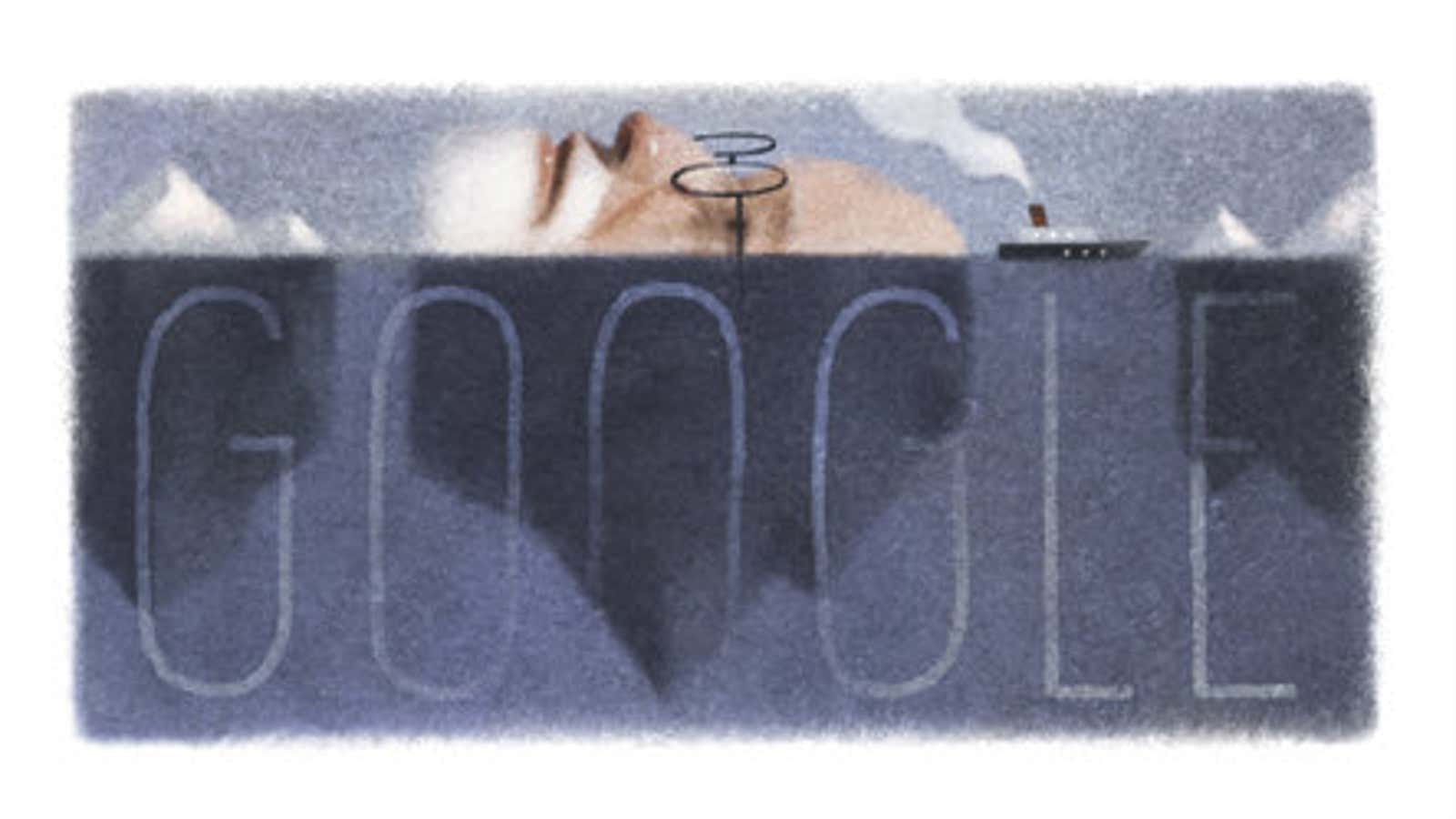The founder of psychoanalysis was born 160 years ago this week, and Google chose to honor the occasion by making Sigmund Freud its May 6 doodle of the day. But what would the neurologist have made of today’s most popular search engine, and indeed, the internet as a whole?
Though Freud died long before we had Twitter, Facebook, or blogs to share our thoughts with the world, psychoanalysts argue that several of his theories are expressed in the ways we choose to communicate and present our identity online.
John Suler, a cyber psychologist and professor of psychology at Rider University in New Jersey, says Freud would have seen cyberspace as “an extension of manifestation of the individual and collective human psyche.” The latter would likely have been particularly relevant to Freud, who—as Michael Donner, president of the San Francisco Center for Psychoanalysis, notes—was one of the first people to discuss group psychology. Freud believed that inhibitions disappear in groups, allowing the unconscious to express itself in its primitive from.
In the online anonymous world, says Donner, “the ‘ego’ part of us that is the sum total of our desire, tempered by the rules, is not held as accountable. You can sometimes see this online through the ‘piling on’ where someone starts by saying something crude, and more and more people chime in, with the comments becoming ever more sexual and aggressive, and sexually aggressive.”
Given Freud’s “drive theory” belief that sexuality and aggression are the core of human psyche, Suler notes, “he would be nodding his head as witnessed all the sexuality and hostility that people express online.”
It’s also likely that Freud would have viewed cyberspace as akin to dreams and insight into our unconscious, as online interactions often contain elements of fantasy. Indeed, the medium seems to make room for this. When talking to people online, “you don’t really have access to the tone of their communication,” says psychoanalyst Mark Smaller, president of the American Psychoanalytic Association, “and so you imagine and fill in the space based on who you are and your own unique history.”
Smaller says online communication is an expression of Freud’s notion of “transference,” where relationships we had as children with parents are played out as adults.
Suler believes that Freud would have viewed virtual reality as even more of a dream world, and would have been intrigued by the fantasies we create that reflect our unconscious needs.
But ultimately, though the way we communicate has changed significantly since Freud published his theories, his work is still relevant to analyzing online interactions.
“Human beings haven’t changed much,” says Donner. “Technology changes, but it is the same people wielding it today that were around 100 years ago, 1,000, 10,000. That doesn’t mean Freud was right about everything, but we can think about how people are using technology from that vantage point.”




